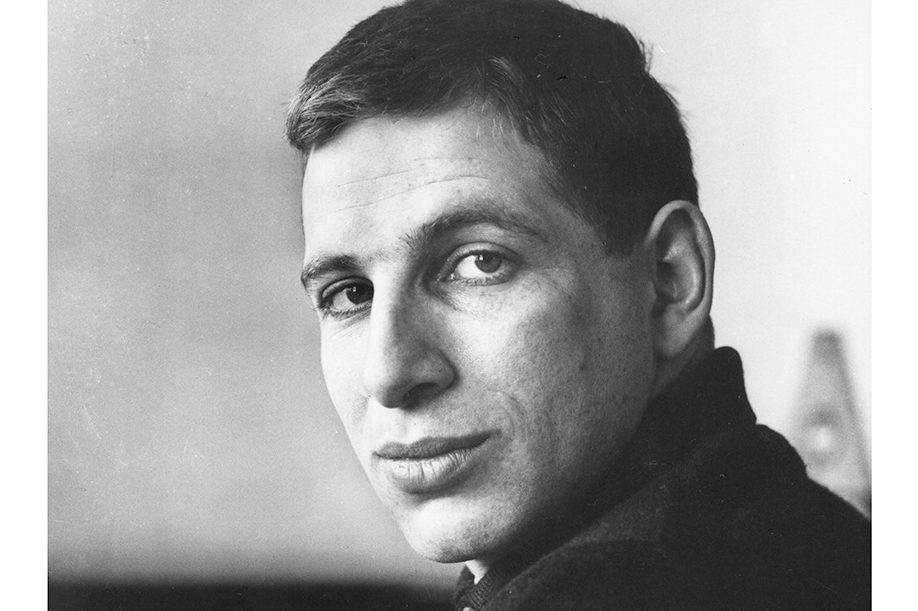Say what you like about Steven Patrick Morrissey — lead singer of The Smiths, the Mancunian miserabilist, “the Pope of Mope” etc — but he has a knack, nearly four decades after his band dissolved acrimoniously, for coming out with attention- and headline-grabbing pronouncements. At first glance these declarations might seem like revelatory news stories, but on closer inspection they tend to rather fall apart.
Just this month, Morrissey declared that his unreleased new album, Bonfire of Teenagers, has been “gagged” because of an apparently controversial song about the 2017 Manchester bombing. He proclaimed in a recent interview with the Telegraph that “every major label in London has refused [it] whilst also admitting that it is a masterpiece. And although there is nothing insulting or antagonistic in the title track, label bosses say they are worried that the Guardian would make their lives hell if they supported any such social awareness.”
Controversy and public outrage are meat and drink to him
Strong words, but then there is also the perennially vexed question of the Smiths, and whether the central duo of Morrissey and Johnny Marr will ever reunite. Apparently out of nowhere, Morrissey claimed in August that Marr had blocked a new greatest hits compilation, refused to respond to a lucrative offer for the Smiths to go on tour and “successfully applied for 100 percent trademark rights/intellectual property ownership of the Smiths name,” meaning, apparently, that the guitarist would be at liberty to go on tour with whoever he wished as lead vocalist.
Given the well-received concerts Smiths fan Rick Astley has given of the band’s songs recently, replacing the lead vocalist might seem tempting for Marr. But on Tuesday, he put out a statement in which he suggested that “recent statements by Morrissey on his website regarding the trademark of the Smiths name are incorrect.” His management clarified that Marr signed an instrument of joint ownership and left it to Morrissey to sign — which he has failed to — and that rather than ignoring an invitation to reform the Smiths, Marr had turned it down. Clearly, no amount of money would be enough for the musician to reunite with his erstwhile bandmate. For good measure, Marr suggested that there was already several greatest hits compilations in existence, and nothing would be gained by the existence of yet another.
The decline in Morrissey’s public popularity over the past couple of decades has been astonishing. Granted, he has always been a controversial figure — the 1991 “Madstock” concert at London’s Finsbury Park, in which he draped himself in the Union Jack, led to mutterings of far-right sympathies — but this was allayed by his vast and fervent fanbase and carefully managed series of comebacks. By the time that the 2002 documentary The Importance of Being Morrissey was shown on television, with everyone from J.K. Rowling to Alan Bennett singing his praises, he seemed to have been rehabilitated. He had become a stately, witty presence once described as “music’s all-in-one answer to John Betjeman, Oscar Wilde and Bennett.”
This has not lasted. Many of the albums he has recorded since have been very strong: 2006’s Ringleader of the Tormentors contains the sublime “Life is a Pigsty,” with its endlessly stirring finale “Even now, in the final hour of my life, I’m falling in love again.” But nevertheless, Morrissey seems to have taken delight in presenting himself as a wronged and put-upon figure, cast down by the iniquities of society and the music industry alike.
It came as something of a surprise to his hitherto committed fans to discover that he was a Brexiteer, a supporter of For Britain and has expressed sympathy for Tommy Robinson. But at this stage, there is little that Morrissey could say or do that would be a genuine shock. Controversy and public outrage are meat and drink to him — or, in the case of the famously vegetarian singer, halloumi and falafel, perhaps.
Personally, I suspect that Morrissey thrives on throwing verbal hand grenades into the mix and watching the fallout with wry amusement. It suits his persona to see himself as a martyred figure, a St. Sebastian for the iPhone age. Ever since he sang “And now I know how Joan of Arc felt” on the Smiths song “Bigmouth Strikes Again,” he has self-consciously taken up the mantle of the public sufferer, fated never to be understood by those around him.
Still, there is one further controversy that he has yet to get embroiled in. Morrissey has been fervent in his loathing of the royal family — not for nothing was the Smiths’ most famous album called The Queen is Dead. It would not be all that surprising if he was to take the side of another expatriate Englishman who is rather more popular overseas than at home. Montecito is calling, Morrissey: can he resist its charms?
This article was originally published on The Spectator’s UK website.


























Leave a Reply